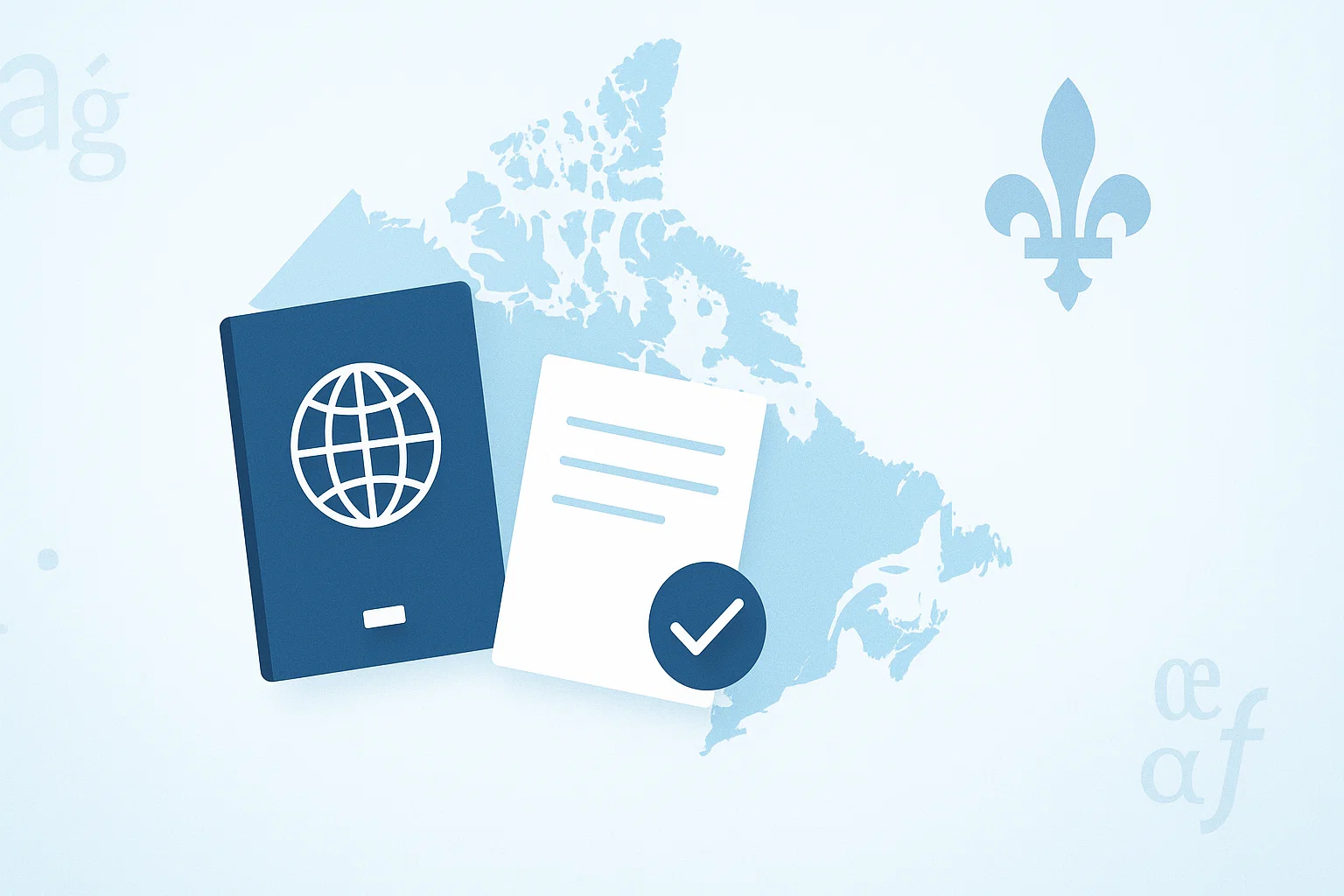International Students Outperform in Salaries
Economists at the University of Waterloo, in collaboration with Immigration, Refugees and Citizenship Canada and the Canada Revenue Agency, analyzed student records, immigration data, and tax information. They found that international students who graduated between 2017 and 2019 earned an average of $57,500 one year after graduation, far exceeding domestic graduates’ average salary of $42,000—a difference of 37%.
This salary advantage persists throughout their careers. Data shows that 13 years after entering the workforce, international graduates earn nearly $120,000 annually, significantly higher than domestic graduates’ $100,000.

The “Golden Returns” of Tech and Engineering Degrees
The study indicates that international students’ higher earnings are largely due to the University of Waterloo’s strength in technology and engineering. Degrees in these fields continue to see increasing economic returns. Known for its cutting-edge programs, the university attracts outstanding students worldwide. Additionally, its unique co-op education program offers extensive practical experience, giving graduates a competitive edge in the job market.
In the QS World University Rankings 2025, the University of Waterloo ranks 115th, placing it among the top five Canadian universities on the list. This further underscores its global reputation and appeal.
International Students Favor Long-Term Settlement in Canada
The study also found that approximately 70% of international students at the University of Waterloo apply for Canadian permanent residency after graduation—more than twice the national average. As one of Canada’s most sought-after study destinations, the university plays a pivotal role in helping international students transition into long-term immigration and career success.
Broader Immigration Trends
The findings align with broader trends in Canadian immigration. Earlier this year, a Statistics Canada study revealed that immigrants often outperform domestic counterparts in educational and economic outcomes. Notably, immigrants who arrived in Canada as children tend to achieve higher education levels and, after the age of 25, their median wages often match or exceed those of Canadian-born workers.
Conclusion
The success stories of international students at the University of Waterloo highlight the attractiveness of Canadian higher education and provide valuable insights into immigration policy. In an era of intense global competition, attracting and retaining highly skilled international talent will undoubtedly drive Canada’s economic growth and foster a more diverse society.









